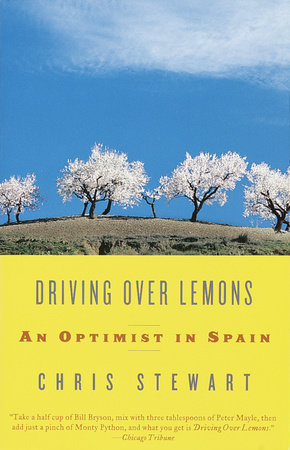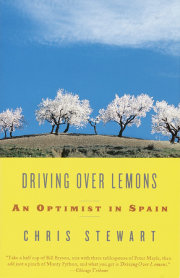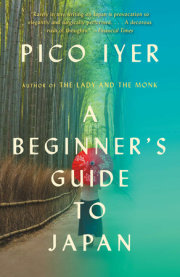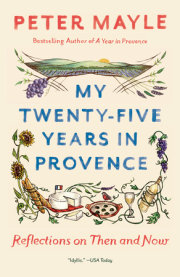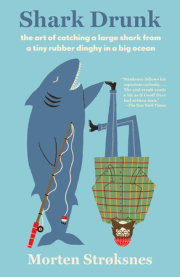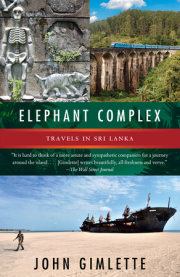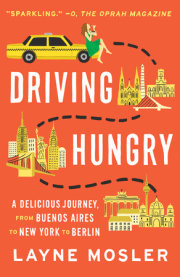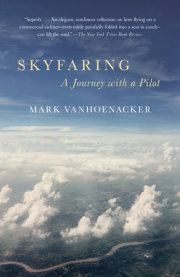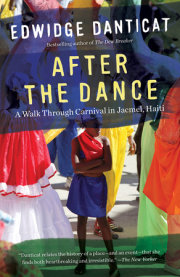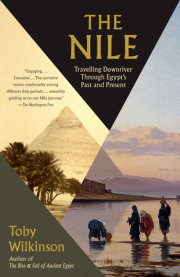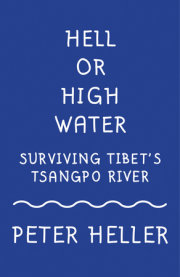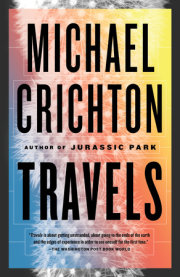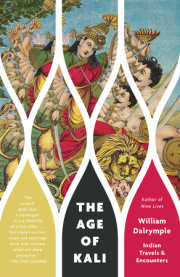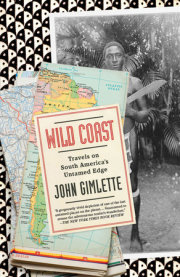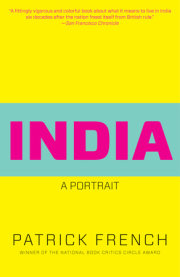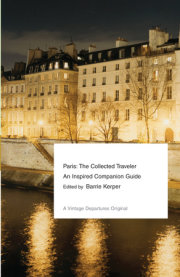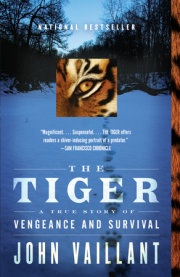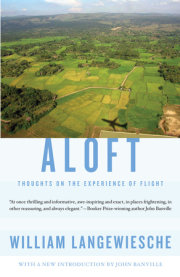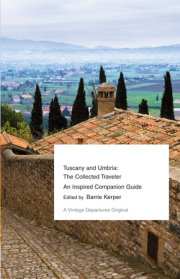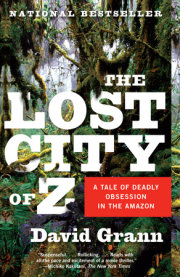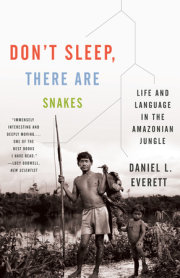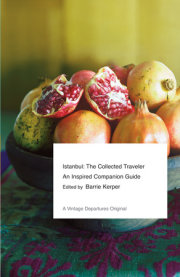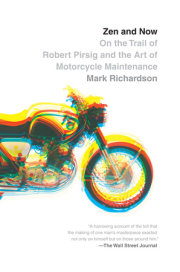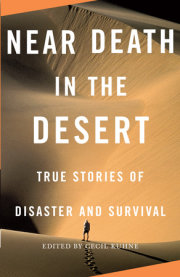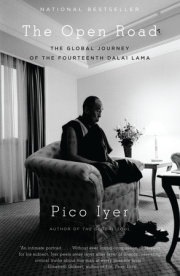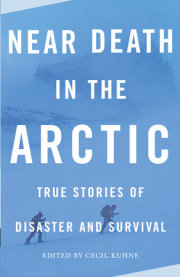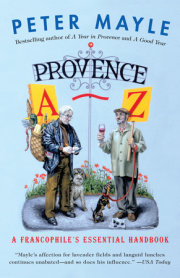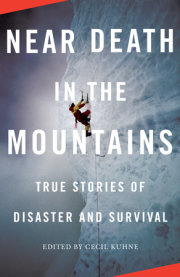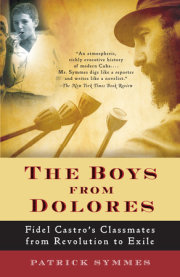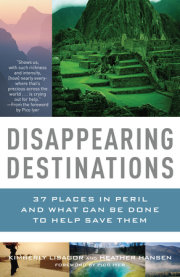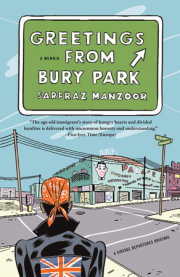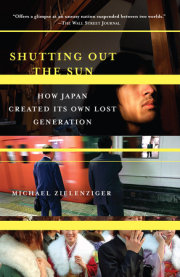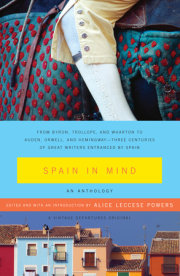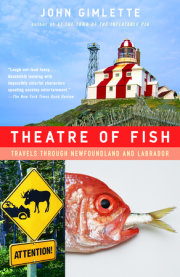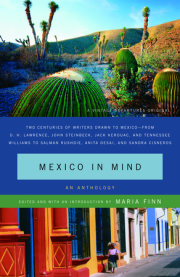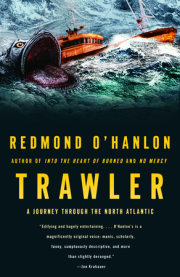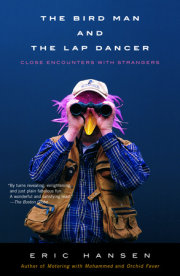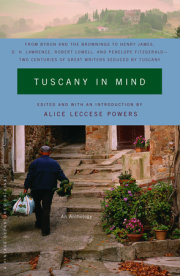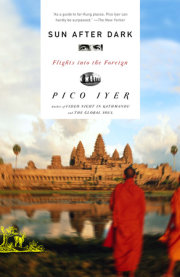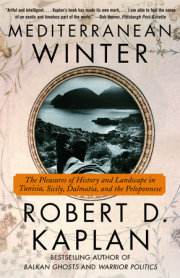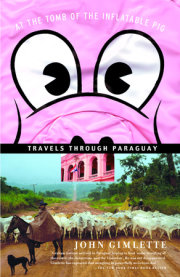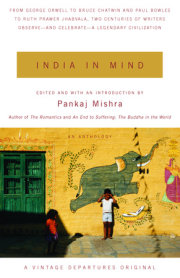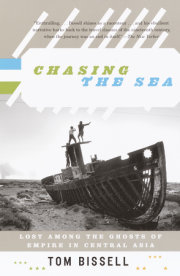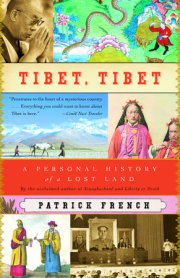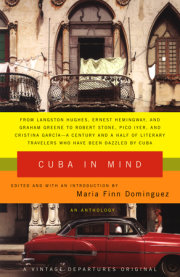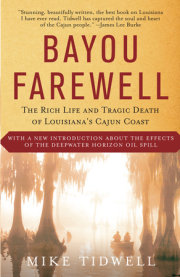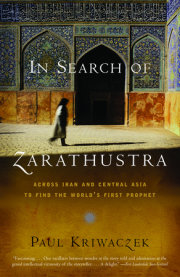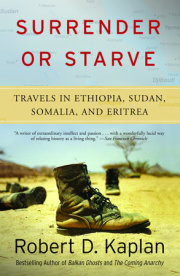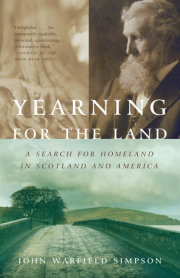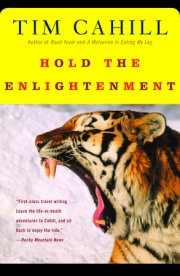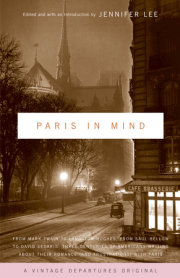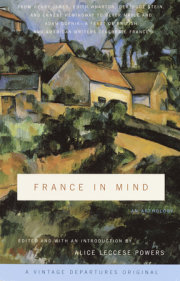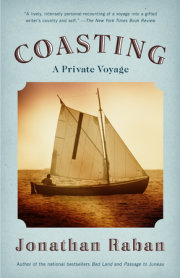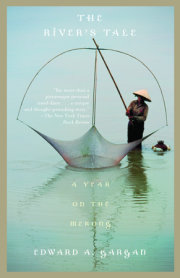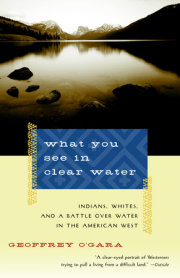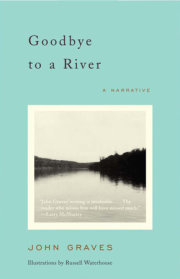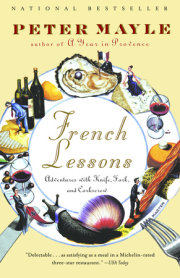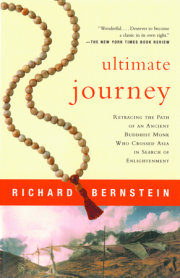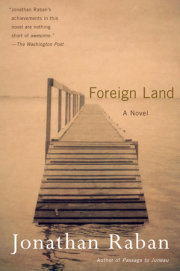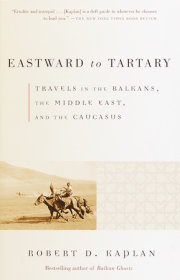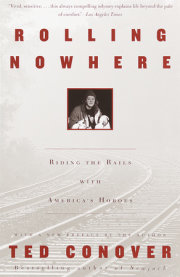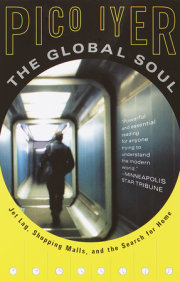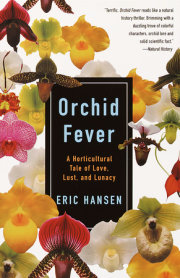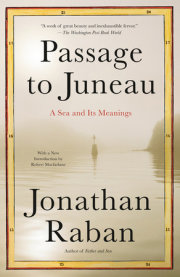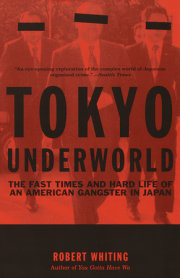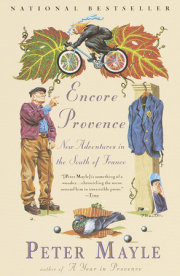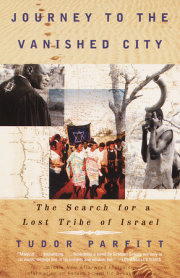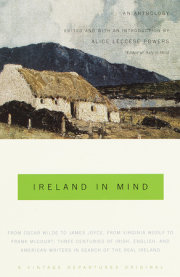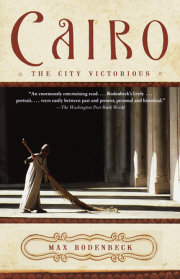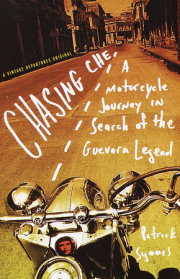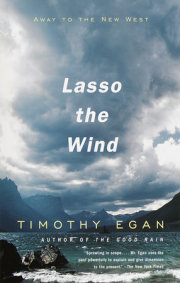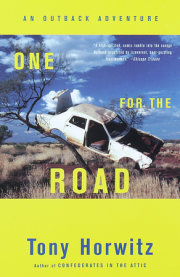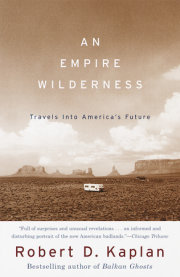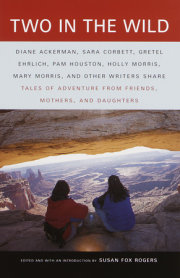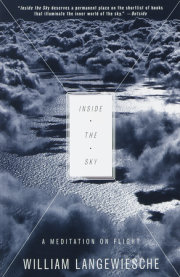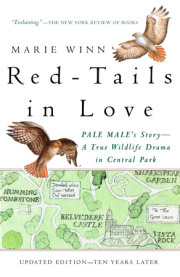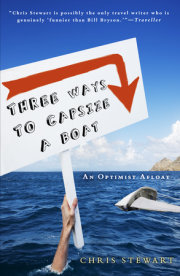El Valero'Well, this is no good, I don't want to live here!' I said as we drove along yet another tarmac road behind a row of whitewashed houses. 'I want to live in the mountains, for heaven's sake, not in the suburbs of some town in a valley.'
'Shut up and keep driving,' ordered Georgina, the woman sitting beside me. She lit another cigarette of strong black tobacco and bathed me in a cloud of smoke.
I'd only met Georgina that afternoon but it hadn't taken her long to put me in my place. She was a confident young Englishwoman with a peculiarly Mediterranean way of seeming at ease with her surroundings. For the last ten years she had been living in the Alpujarras, the foothills of the Sierra Nevada, south of Granada, and she had carved out a niche for herself acting as an intermediary between the farmers who wanted to sell their cortijos in the hills and move to town, and the foreigners who wanted to buy them. It was a tough job but no one who saw her ironing out deals with the coarsest peasant or arguing water rights with the most stubborn bureaucrat could doubt she was the woman for it. If she had a weakness at all it was in her refusal to suffer fools and ditherers.
'Do you bully all your clients like this?' I protested.
'No, just you. Left here.'
Obediently I turned the wheel and we shrugged off the last houses of Órgiva, the market town where I'd been adopted by my agent. We bumped onto a dirt track and headed downhill towards the river.
'Where are the mountains?' I whined.
Georgina ignored me and looked at the groves of oranges and olives on either side of the track. There were white houses covered in the scrags of last year's vines and decked with bright geraniums and bougainvillea; mules were ploughing; boiler-suited growers were bent bum-up amid perfect lines of vegetables; a palm tree shaded the road where hens were swimming in the dust. Dogs slept in the road in the shade; cats slept in the road in the sun. The creature with lowest priority on the road was the car. I stopped and backed up a bit to go round a lemon.
'Drive over lemons,' ordered Georgina.
There were, it was true, a hell of a lot of lemons. They hurtled past, borne on a stream of water that bubbled nearby; in places the road was a mat of mashed fruit, and the earth beneath the trees was bright with fallen yellow orbs. I remembered a half-forgotten snatch of song, something about a lovelorn gypsy throwing lemons into the Great River until it turned to gold.
The lemons, the creatures and the flowers warmed my heart a little. We drove on through a flat plain quilted with cabbages and beans, at the end of which loomed a little mountain. After dipping a banana grove, we turned sharp right up a steep hill with deep cuttings in the red rock.
'This looks more like it.'
'Just wait, we're not there yet.'
Up and up we went, bend after bend, the river valley spread below us like an aerial print. On through a gorge and suddenly we burst into a new valley. The plain we had crossed disappeared utterly, hidden from sight by the mass of mountain, and drowned by the roaring of the river in the gorge below.
Far below, beside the river, I caught sight of a little farm in a horseshoe-shaped valley, a derelict house on a cactus-covered crag, surrounded by unkempt fields and terraces of ancient olive trees.
'La Herradura,' Georgina announced. 'What about that, then?'
'Well, it's nice to dream but the pittance we've got to spend is hardly going to buy us a place like that.'
'With the money you've got to spend you could afford that place and have some left over to do it up.'
'I don't believe you. You can't possibly be serious.'
I was incredulous because this was so far beyond my wildest hopes. I had come to Spain with a sum of money that would barely stretch to a garden shed in the south of England, expecting to buy at best a ruined house with perhaps a little patch of land.
'Well, there's no point in going any further. I'll have that one. Let's go down and see it.'
We pulled the car off the road and tripped down a path. I was so overwhelmed with excitement and delight that I felt sick. I picked an orange from a tree, the first time I'd ever done that. It was quite the most disgusting orange I'd ever eaten.
'Sweet oranges,' said Georgina. 'They're mostly sweet oranges here -- good for juice. And the old men with no teeth like them.'
'This is it, Georgina. It's paradise. I want it. I mean, I'll buy it now.'
'It's not a good idea to be too hasty in these matters. Let's go and have a look at some other places.'
'I don't want to see anywhere else. I want to live here, and anyway I'm your client. Surely we do what I want, not what you want!'
We drove off, further into the valley, and Georgina took me to see a stone ruin that was slowly slithering down a hill towards a precipice. It was surrounded by rotting cactus, and groves of dead trees covered the dismal hill around it. A poisonous spring oozed from a clump of thorns at the bottom of the property.
'Hell no, what did you want me to see that place for?'
'It has its good points.'
'It has the advantage of being a long way from the nearest golf course, but more than that I cannot see.'
We moved on to look at a concrete blockhouse, a battery chicken shed, a filthy hovel infested with bats, and a sort of cave littered with turds and old bits of newspaper.
'I don't want to see any more of this sort of thing. Let's go back to La Herradura.'
So we did, and I sat on a warm stone in the riverbed, dreaming one of those rare dreams that suddenly start to materialise around you, until Georgina intruded.
'I know it's very nice, Chris, but there are problems with La Herradura. It's owned by a number of people, and they don't all want to sell -- and one of those who doesn't want to sell has access to a room he owns right plumb in the middle of the house. That could be inconvenient if not downright disagreeable. And then there's the matter of the water . . . '
Her words faded as we both turned our heads to catch a snatch of song rolling towards us along the riverbed. I made out the words 'frog' and 'crystal glasses' but the rest was lost in a gruff baritone. From behind a rock came a red goat with only one horn. It eyed us up for a moment, then performed that trick that has so endeared the goat to mankind since the beginnings of time, the simultaneous belch and fart.
'Clever the way they do that, isn't it?'
Georgina ignored this observation. 'The man you see approaching us now,' she announced in an urgent whisper, 'is the owner of the place across the river -- and I think that he may want to sell it.'
Following the one-horned goat came a huge man with a red bristly face, sitting astride a horse. He was doing the singing, presumably to amuse himself while he supervised the goat and its several companions, who included a couple of cows, a kid, a grubby sheep and a pair of dogs. He stopped, lurched forward in his saddle and surveyed us from beneath a filthy cotton beach-hat. With an oath he halted his entourage.
'Hola, buenas tardes. Would you be Pedro Romero, he who owns the farm across the river?' began Georgina.
The man grunted.
'I've heard you may want to sell it.'
'Maybe I do.'
'Then we want to come and see it.'
'When?'
'Tomorrow morning.'
'I'll be there.'
'How do we get there?'
There followed a long-winded explanation of which I could only catch the odd reference to trees, brambles and stones. All rather unnecessary, I thought, as we were looking at the farm not half a mile away.
'This foreigner wants to buy the place?' He leered at me, assessing my worth.
'Maybe he does, maybe he doesn't.'
'Till tomorrow, then.'
'Till tomorrow.'
With which the little procession jangled its way back down the river. Romero had stopped singing and appeared lost in thought. I watched entranced as the lowering sun lit the little clouds of golden dust raised by the animals' feet.
'I know a thing or two about this business,' Georgina said, 'and that farm is definitely worth a look. It's called El Valero.'
Georgina considered me thoughtfully as we drank a morning coffee together before setting out for the valley.
'Listen, you're to keep quiet unless I prompt you. Leave the talking to me.'
'Alright. But hang on. Have we actually established that I want to buy El Valero? I was under the impression, if you'll forgive me, that I wanted La Herradura.'
Georgina looked me squarely in the eye. 'I've given the matter some thought, and I've decided that El Valero and you are well suited. You'll see when we get there.'
We drove to the valley in warm January sunshine. The farmers were working their fields of vegetables, the dogs and cats had returned to their allotted places in the road. It looked familiar this time. As we passed La Herradura, I looked down at it wistfully, and then with some misgivings at the place across the river.
After a while the road gave out completely, and we took our shoes off and waded through the river, which was knee-deep and fast-running in places, not to say cold. 'This is a hell of a way to get to a place,' I shouted, 'if you'll excuse my saying so.'
We climbed up a bank by eucalyptus trees and across a field, and from there followed a narrow path through terraces shot with flowers and shaded by oranges, lemons and olives. Clear runnels of water flowed here and there, tumbling down stony falls and spreading to water terraces of fruit trees and vegetables. The path stepped across a stream and curled up through a grove of blossoming almonds. Georgina turned and smiled at me.
'What do you think?'
'You know what I think -- I've never seen anything like it!'
'Here's the house.'
'House?! It looks like a whole village. I can't buy a village.'
A couple of houses with some stables and goat-pens, chicken-runs and store-rooms, were spread at different levels on a great steep rock. Beneath this complex a hose dribbled feebly into a rusty oil-drum by a pomegranate tree.
Pedro Romero stood beside what was either a house or a stable, rubbing his hands and grinning.
'Ha! You've come. Sit down and drink wine, eat meat!'
We sat on low chairs with our knees up by our ears, and enjoyed the spectacle of two dogs copulating enthusiastically in the centre of the circle made by the seats. I didn't know whether it would be appropriate to offer some ribald comment upon this activity, or to pretend that it was not happening. Georgina glowered at me and I kept quiet as agreed.
A wizened wisp of a woman appeared, Romero's wife, Maria, and at an imperious gesture from the man of the house dispensed brown wine from a plastic Coca-Cola bottle and thumped a fatty lump of ham down on the box that served for a table. The sun shone down, flies buzzed. We drank the wine and ate the ham and considered the amorous activities of the dogs in an increasingly vinous stupor.
Georgina and Romero talked animatedly about neighbours and boundaries and water and rates and rights while I rocked back and forth on my chair and grinned vacuously. The dogs were quiet now as a result of being stuck together, looking bashfully in opposite directions, wishing perhaps that they'd never started the whole wretched business. The wine and the ham came and went, and I nodded off, then opened a heavy-lidded eye as Georgina poked me in the ribs.
'Slap this into his hand as if you mean it.'
She passed me a fat wad of peseta notes of large denomination.
'You're now the happy owner of El Valero and that's the señal -- the deposit.'
It really was no use arguing with Georgina so I did as she said and bought the place. There was a deal of backslapping, handshaking and grinning all round.
'It was a gift at that price,' lamented Romero and his wife. 'We're ruined, really we've given our home away . . . you've bought a paradise for pennies, but what could we do?'
I almost began to offer them more money but Georgina shot me a silencing look, and so, for a little under five million pesetas (L25,000, more or less), I had bought a farm that I would have hardly dared look at over the fence before. In a matter of minutes I was transformed from an itinerant sheep-shearer and tenant of a tied cottage beneath an airport landing path in Sussex, into the owner of a mountain farm in Andalucía. This would take some getting used to.
Copyright © 2000 by Chris Stewart. All rights reserved. No part of this excerpt may be reproduced or reprinted without permission in writing from the publisher.

